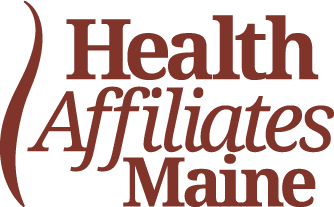
Feb 5, 2016 | Hope & Recovery
This fact could not have been made clearer than in a conversation with Theresa Russell*, who agreed to talk about how heroin has touched her life.Theresa began by handing over a list of six people’s names, their ages, and the dates of their overdoses and deaths. She...

Jan 15, 2016 | Hope & Recovery, Tips for Healthy Living
In Maine, over the last 10-15 years, the rising tide of prescription painkillers abuse and other opiates based drugs (legal and illegal) has reached epidemic proportions. The abuse of alcohol and other addictive drugs like marijuana/synthetic cannabinoids,...

Nov 6, 2015 | Hope & Recovery, News
According to Maine’s Attorney General’s Office, the evident opiate epidemic in Maine has resulted in 50 more deaths in 2014 from just 4 years ago. In response to WMTW’s series on Maine’s Heroin Epidemic this month, Outpatient Therapy Director Luanne Starr Rhoades of...




